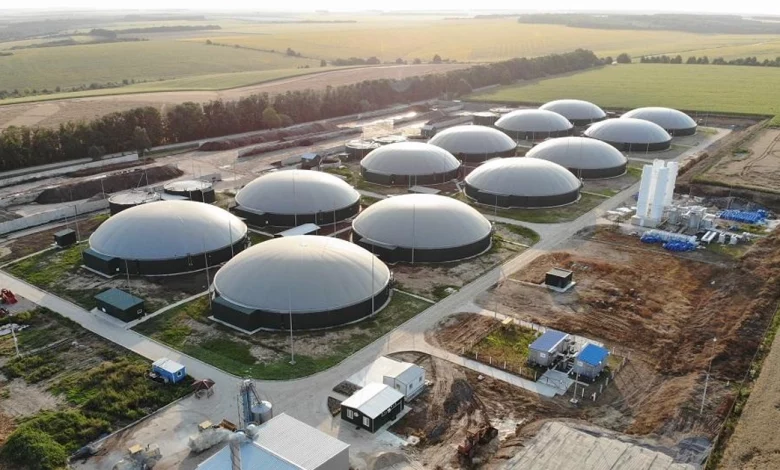Daily Current Affairs for UPSC
GOBARDhan Scheme
Syllabus- Government Policies and Interventions [GS Paper-2]

Context- GOBARDhan unified registration portal launched by the Ministry of Drinking Water and Sanitation will facilitate the registration of compressed biogas (CBG) plants nationwide.
Key Highlights
- More than 1163 biogas plants and 426 CBG plants are registered on the portal and are eligible for subsidy on the Market Development Assistance (MDA) scheme of the Deptt. of Fertilizers, under the Ministry of Chemicals & Fertilizers.
- Registration of production facilities in the Unified GOBARdhan portal and compliance with FCO organic fertilizer specifications is a prerequisite for MDA eligibility.
Initiatives implementing the GOBARDHAN system:
- Marketing Development Assistance (MDA):
-
-
- It was launched by the Department of Fertilizers with targeted guidelines to promote production and use of organic fertilizers by Galvanizing Organic Bio-Agro Resources Dhan (GOBARdhan) factories.
- It was launched with a hefty budget of Rs. 1451.82 crores for three years (end year 2023-24 to 2025-26).
- It acts as an equalizer, limiting overuse of chemical fertilizers and ensuring integrated nutrient management.
- It focuses on two goals, effective treatment of organic waste and strengthening of soil organic carbon in agricultural land, creating fertile soil for organic agriculture.
-
- Standardization of bio sediments:
-
- Bio-slurry has the potential to increase cultivated area in organic agriculture and bring financial benefits to farmers.
- Inclusion of RBI CBG Institutions in Agricultural Infrastructure Fund (AIF) and Agricultural Infrastructure and Development Fund (AHIDF);
- Review of classification and recalibration of CBG plant categories Central Pollution Control Board (CPCB);
- Revival of Ministry of New and Renewable Energy (MNRE) Waste to Energy Scheme etc.
GOBARDhan Scheme:
- This will be continued as a national program priority in Gramin Phase II of the Swachh Bharat Mission.
- It is central to the achievement of Swachh Bharat Mission Gramin goals.
- It aims to support villages in the efficient processing of livestock and biodegradable waste.
- It is expected to promote community awareness and ownership and help villages manage livestock, agricultural waste and other biodegradable waste.
- The Drinking Water and Sanitation Department collaborates with various Ministries and Departments as well as State Governments, Public and Private Sectors and Village Communities to give it a “Jan Andolan” shape.
Significance of GOBARDhan Scheme:
- Waste Management: Helps to manage the largest solid waste in villages, i.e. animal manure, and promotes environmental cleanliness;
- Promotes health: significantly reduces the occurrence of vector-borne diseases and promotes public health;
- Employment Generation: To promote employment and income opportunities for SHGs/farm groups;
- Produces organic fertilizer: Helps to produce organic fertilizer, which increases the productivity of agriculture and farms;
- Improves savings: promotes household income and savings because using biogas as a fuel lowers the cost of LPG.
Source: PIB
Practice question:
- How Gobardhan scheme is a Jan Andolan on the safe management of cattle and organic waste.





.png)



